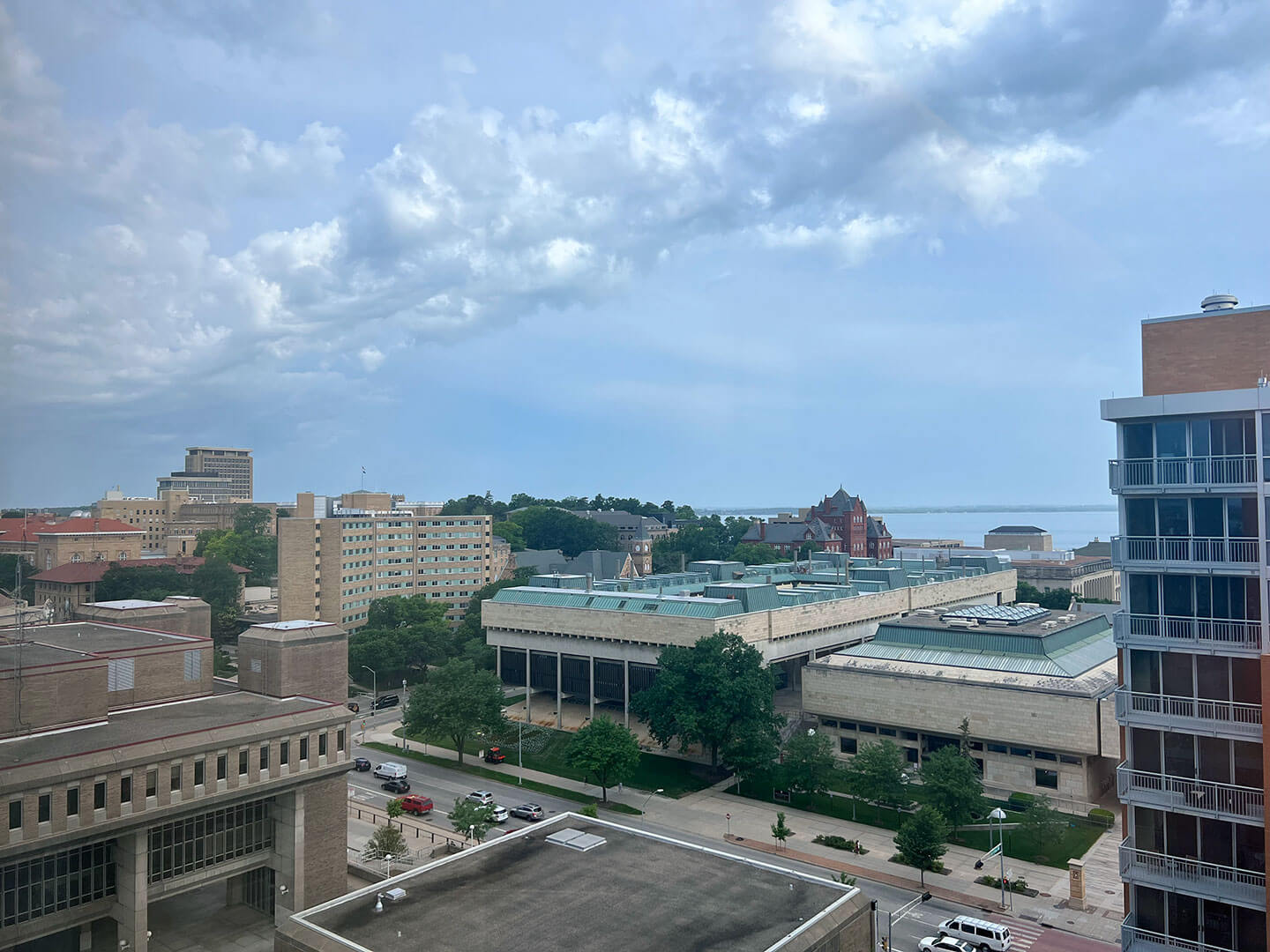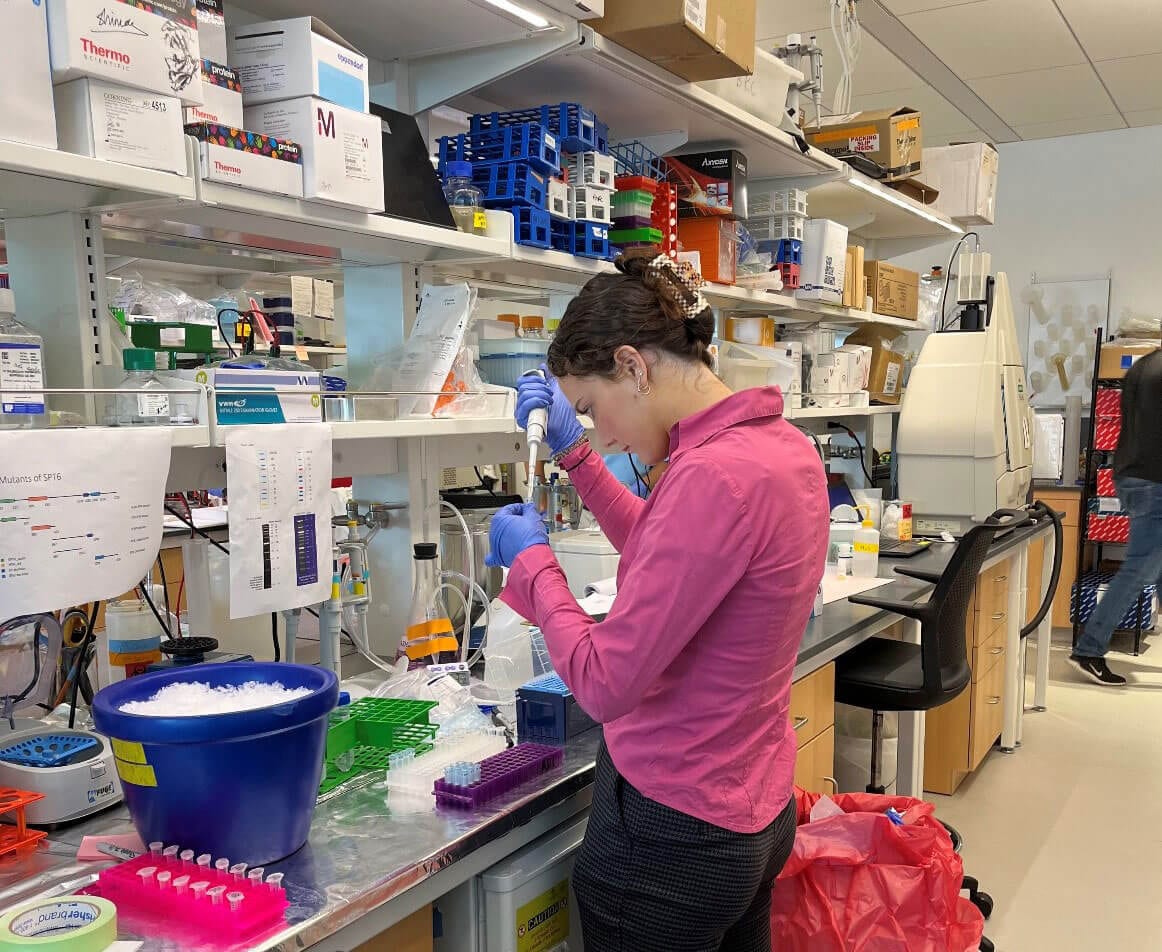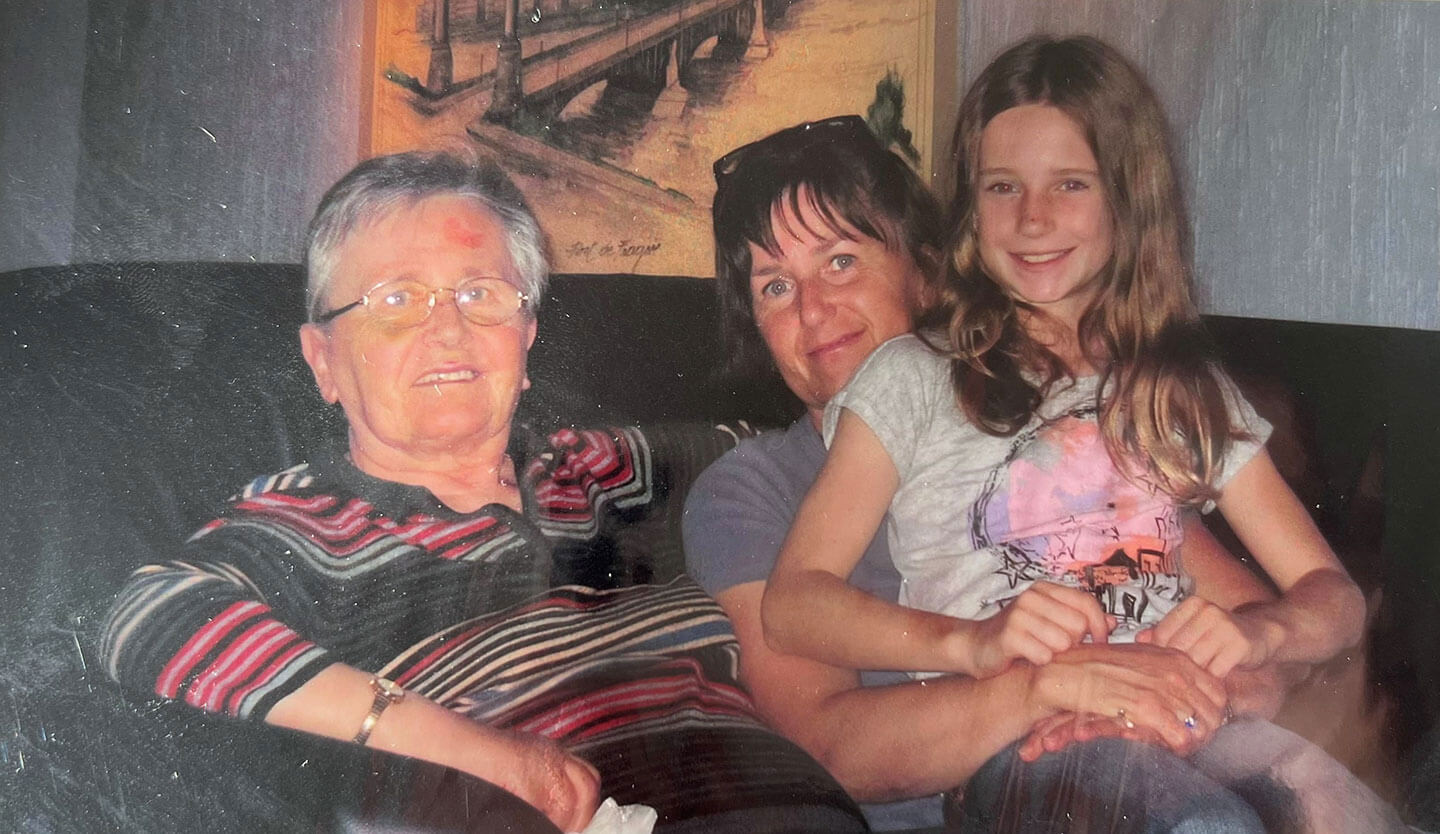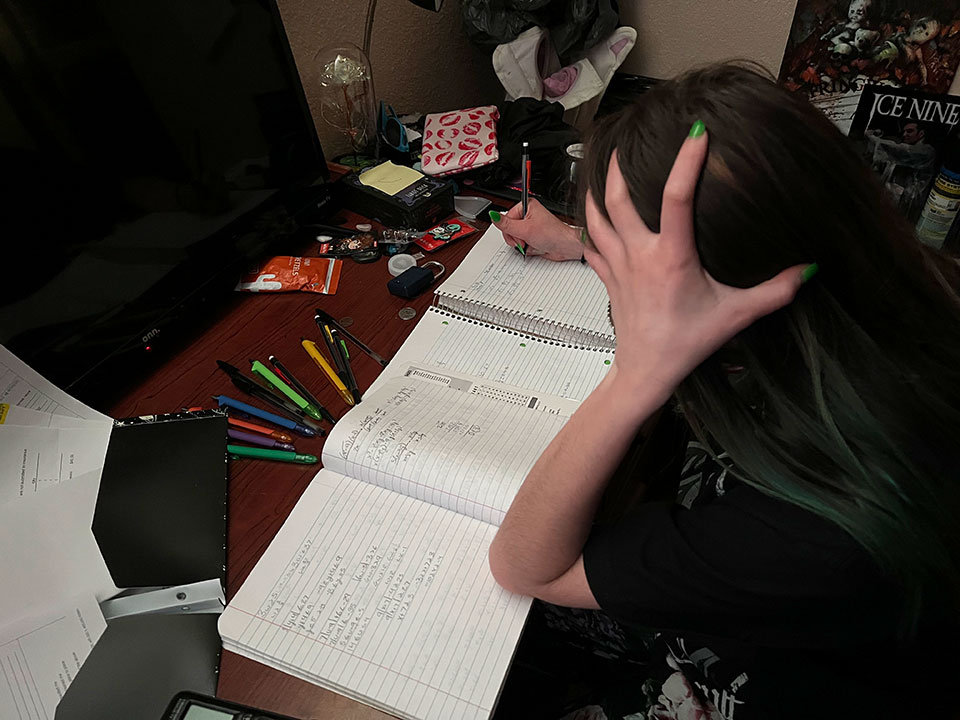
An Out-of-State Student’s Guide to Handling Homesickness
When I was in high school, I had a romanticized vision of moving away from home for college. New scenery, new friends, finally escaping my hometown. When I found the University of Vermont, it was a match made in heaven. I fell in love with the campus, the mountains, and counted down the days until move-in day. The reality did not hit me until my parents drove away from my freshman dorm, leaving me 6 hours away from home. It all came crashing in on me. I was alone.
I tried to suppress my homesickness by keeping busy and pushing the thoughts of home away for many weeks. Yet, that made those emotions hit harder when they bubbled to the surface. The newest chapter of my life was starting, and while I was excited, I had to navigate those emotions and fears that came from moving away for the first time.
A lot of responsibility and expectations fall on your shoulders in college. It can be hard to keep a handle on the emotions that come with moving far away. Here’s some advice that I wish I had known earlier that helped me deal with my homesickness!
Don’t compare your difficulties
While it is hard, try not to compare your college transition to others. Your emotions are valid and unique to you. Some people have no problem adjusting, but that does not mean you cannot struggle a little! Most college kids are 17 or 18 when they move out. We are still kids, even though we often have adult responsibilities. It’s natural to be nervous, but you are as capable as the next person to have a successful college career.
Identify your fears
Take a moment and identify the cause of your emotions. What am I scared of? What do I specifically miss? Who do I miss? All these questions are essential to organizing your thoughts and making a plan to work through them. Once you identify the root of your emotions, things become a lot clearer, and a solution seems more doable.
Make new connections
Try and get yourself out there! Many colleges offer lots of activities the first week on campus, so get involved! Talk to other people, explore club fairs, take in the school spirit. Get out of the dorms and make some acquaintances! With each week that goes by, set small goals to introduce yourself to neighbors in your building, talk to someone in line at the dining hall, or strike up a conversation with older students. These connections are vital in establishing a new friend group and family away from home.
Bring a little bit of home along
Make your room a safe and comfortable environment. Dorm rooms seem plain and boring when you first arrive, but this gives you a unique opportunity to put your personal touch on a blank canvas. Put up pictures, trinkets, or other things you brought from home. This can bring a sense of comfort after a long day. Bring a little of home to your new college home!
There are so many changes that happen when you go away to college. Sometimes they hit you immediately, sometimes they hit you later. Your expectations can affect how you perceive this difficult transition that looks different for everyone. Though it is hard, hopefully these four tips can help you get through this homesickness.
Do you have a compelling story or student success tips you’d like to see published on the Pearson Students blog? If you are a college student and interested in writing for us – click here to pitch your idea and get started!







